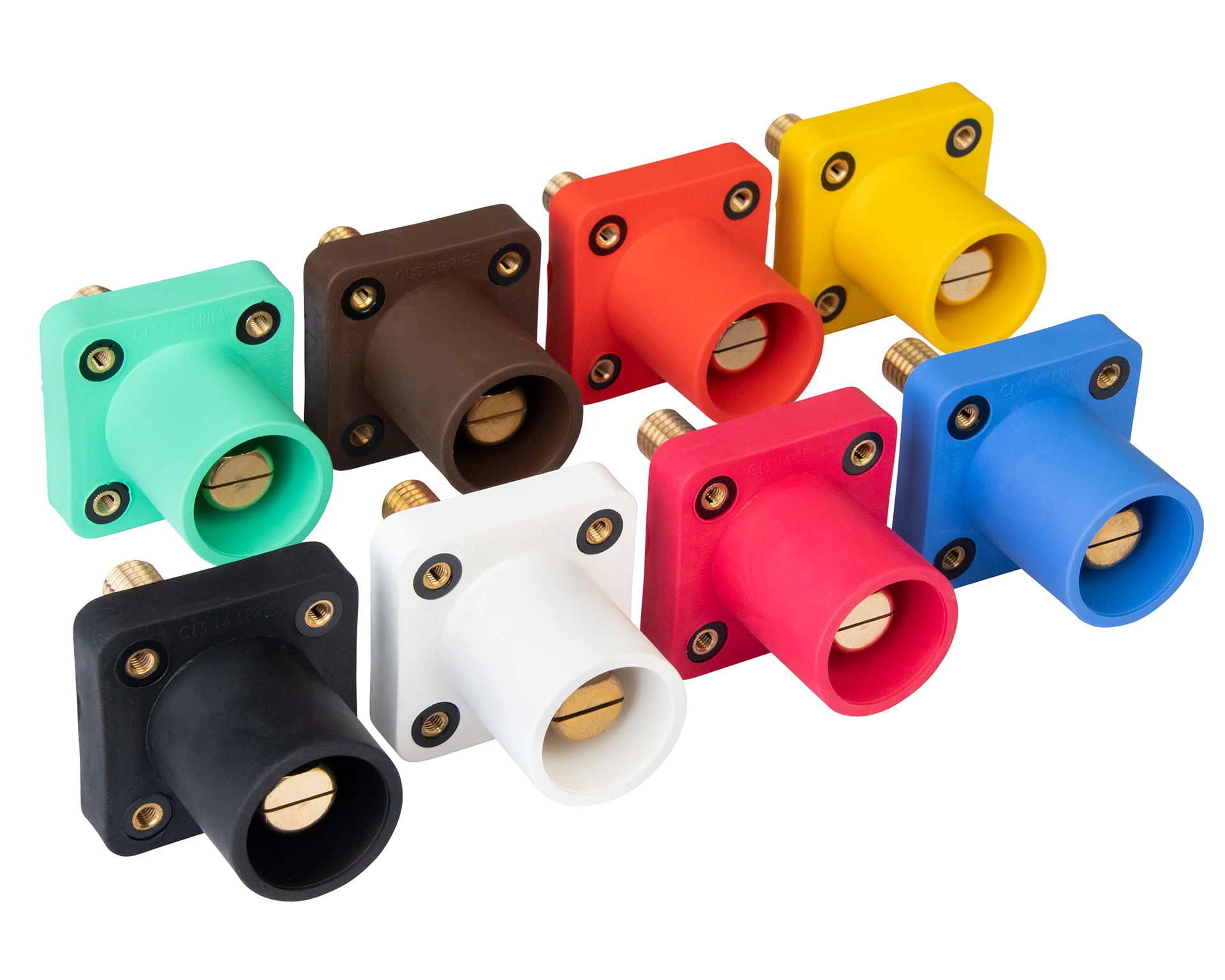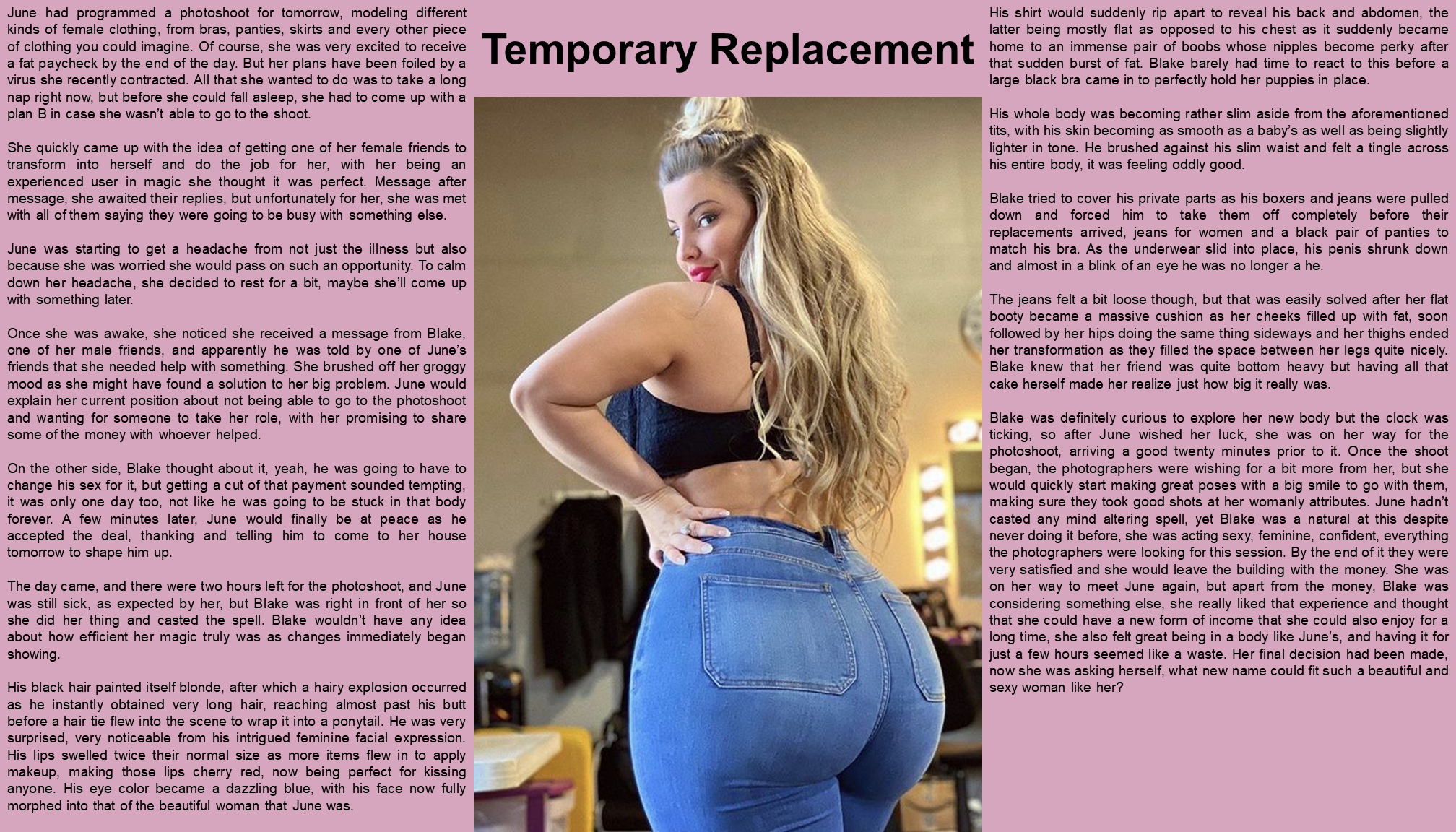Temporary Replacement: How Flexible Staffing Helps Businesses And Careers Grow
Think about a moment when something unexpected happens at work. Perhaps a key team member needs time away, or maybe a big project suddenly pops up, needing more hands than you have. In these situations, finding the right help, and finding it fast, becomes incredibly important. This is where the idea of temporary replacement truly shines, offering a smart way to keep things moving smoothly. It's a way for businesses to stay nimble and for individuals to find exciting new work experiences, you know, when the usual path isn't quite right.
For many businesses, the ability to bring in someone for a limited time is a game-changer. It means they can handle busy periods, special projects, or even cover for staff on leave without missing a beat. This flexibility is, quite frankly, a huge asset in today's fast-moving business world. It allows companies to react quickly, rather than getting stuck. So, it's almost like having a secret weapon for managing the ups and downs.
On the other side, for people looking for work, temporary roles offer a chance to explore different industries, build new skills, and gain valuable experience. It's a pathway that can lead to all sorts of opportunities, sometimes even a permanent position. Agencies like Temporary spa, a leading employment agency in Italy, with branches in places like Pavia and Bari, specialize in connecting people with these kinds of roles. They help businesses find the right fit and help individuals discover their next step, and that's pretty cool, actually.
- Aishah Sofey New Leaked
- Lagos Cerca De Mi
- Two Babys One Fox
- Haircuts For Straight Hair Men
- Hot Girls Meme
Table of Contents
- What is Temporary Replacement?
- The Benefits for Companies
- Finding the Right Temporary Fit
- Temporary Roles: What's in It for You?
- Trends Shaping Temporary Staffing
- Making the Most of Your Temporary Assignment
- Common Questions About Temporary Replacement
What is Temporary Replacement?
A temporary replacement is, simply put, a person brought in to fill a position for a set period. This could be for a few days, several weeks, or even a few months. The role they fill is, you know, not meant to be permanent. They step in when the usual staff member is unavailable or when a company needs extra help for a specific project. It's all about keeping operations running smoothly without a long-term commitment.
Defining the Role
These roles can be found across nearly any sector. For example, a paper manufacturing company might need someone to cover for an employee on leave. A restaurant or hotel might need extra hands during a busy season. Or, a firm in the rubber and plastic industry might need specialized help for a new production line. The key thing is that the need is for a specific time frame, not forever, which is a bit different from a typical hire, obviously.
Why Businesses Need It
Businesses use temporary replacements for many reasons. Sometimes, it's to cover for vacations, illnesses, or parental leave. Other times, it's for special projects that require specific skills for a limited period. Maybe a company is experiencing a sudden increase in demand and needs more staff quickly. Agencies, such as Temporary spa, often help companies in these situations, finding people for roles ranging from accounting clerks in Pavia to production workers in Turin. They are pretty good at this, too.
- Mysterious Skin Bathroom
- Hannah Wilcox Ricketts
- The Enigmatic Journey Of Theo James A Star In The Making
- As The World Caves In Song Meaning
- Unveiling The Charisma Of John Stamos Young
The Benefits for Companies
Bringing in temporary staff offers a lot of good things for businesses. It's a way to stay flexible and manage unexpected changes without too much trouble. Companies that use this approach often find they can respond better to market shifts and seize new opportunities more easily. It's a pretty smart move for many, in fact.
Flexibility and Agility
One of the biggest advantages is the ability to adjust your workforce quickly. If a project wraps up, or if demand slows down, you can reduce your temporary staff without the same commitments as permanent employees. This means you can scale up or down as needed, which is very useful for managing fluctuating workloads. It gives businesses a lot of freedom, you know.
Cost Efficiency
Using temporary replacements can often be more cost-effective than hiring permanent staff for short-term needs. You might avoid expenses like benefits packages, recruitment fees, and the long-term overhead associated with full-time employees. Agencies typically handle payroll, taxes, and other administrative tasks, which saves the company time and money. It's a bit like outsourcing some of the HR work, basically.
Access to Specialized Skills
Sometimes, a company needs a very specific skill set for a short time, perhaps for a new software implementation or a specialized marketing campaign. Finding a permanent employee with those niche skills might be hard or unnecessary for a brief period. Temporary replacements allow businesses to bring in experts for just as long as they are needed. This means you get the right person for the job without a long-term commitment, which is actually quite clever.
Risk Mitigation
Trying out a temporary employee before offering a permanent role can reduce hiring risks. This is often called "temporary-to-hire" or "lavoro temporaneo a scopo assunzione" in Italy, a common offering from agencies like Temporary spa. It allows both the company and the individual to see if it's a good long-term fit before making a big commitment. It's a bit like a trial run, which is pretty sensible, right?
Finding the Right Temporary Fit
When a business needs a temporary replacement, finding the right person quickly is key. There are a few ways to go about this, but working with a specialized agency often proves to be the most efficient path. They have the networks and the know-how to make good matches, which is really helpful.
Working with Agencies
Employment agencies, such as Temporary spa, which has been active since 1998, are experts at this. They have large databases of candidates and can quickly find people with the right skills and experience. For instance, if a company in Lodi needs someone for the rubber and plastic industry, or a firm in Venice needs hospitality staff, these agencies can tap into their networks. They take the heavy lifting out of the hiring process, which is often a big relief for businesses, you know.
Key Considerations
When looking for a temporary replacement, businesses should be clear about the role's duration, the skills needed, and the expected workload. Providing a clear job description helps the agency find the best match. It's also important to have a good onboarding process, even for temporary staff, so they can hit the ground running. Clear communication is, like, very important.
Temporary Roles: What's in It for You?
For individuals, taking on a temporary role can be a fantastic career move. It's not just about filling a gap; it's about building your professional story. Many people find these roles offer a lot of personal and professional growth, which is pretty cool, actually.
Gaining Experience
Temporary jobs allow you to gain experience in different work environments and with various tasks. If you are new to the workforce, or if you are looking to change careers, these roles can provide a stepping stone. You get to learn new things and add them to your resume, which is always a good thing, you know.
Exploring Industries
Ever wondered what it's like to work in the paper industry, or perhaps in hospitality? Temporary roles give you a chance to try out different sectors without a long-term commitment. This can help you figure out what you truly enjoy and where your skills fit best. It's a bit like a career experiment, in a way.
Pathways to Permanent Work
Many temporary positions, as seen with Temporary spa's "lavoro temporaneo a scopo assunzione" offerings, can lead to permanent jobs. If you do well and the company has a long-term need, your temporary role might turn into something more lasting. It's a great way to show what you can do and prove your value to a potential employer. This can be a very direct route to a stable job, you know.
Trends Shaping Temporary Staffing
The world of work is always changing, and temporary staffing is no different. Recent years have seen some interesting shifts that make flexible work even more relevant. These trends are, frankly, reshaping how businesses think about their teams and how people approach their careers. It's a pretty dynamic space, apparently.
The Rise of Remote Work
More companies are open to remote work, which means temporary roles are no longer limited by geography. A company in Pavia might hire a temporary accounting clerk who works from a different city, or even a different country. This expands the talent pool for businesses and offers more opportunities for individuals. It's a big shift, and it's pretty exciting, actually.
Specialized Niche Roles
There's a growing demand for temporary staff with very specific, often technical, skills. Companies need quick access to experts for short-term projects in areas like IT, digital marketing, or specialized engineering. Agencies are adapting to find these highly skilled individuals, which is a bit of a challenge, but also a great opportunity for those with unique talents, you know.
Adapting to Economic Shifts
When the economy changes, businesses often become more cautious about long-term hiring. Temporary staffing provides a safe way to manage workload fluctuations without taking on too much risk. It allows companies to stay agile and respond to market conditions, whether they are growing or facing tougher times. This flexibility is, quite frankly, a lifesaver for many businesses, especially in uncertain times.
Making the Most of Your Temporary Assignment
If you find yourself in a temporary role, there are ways to make the most of it. Treat every assignment as an opportunity to learn and to show your best work. Be reliable, communicate well, and always look for ways to help out. Building good relationships with your colleagues and supervisors can also open doors for future opportunities. Remember, even a short time can leave a lasting impression, which is very true, actually.
Ask questions, take notes, and try to understand the company's culture and goals. Show initiative and a willingness to take on new tasks. Even if the role is temporary, approaching it with a professional and positive attitude can lead to great things, including, sometimes, a permanent offer or a strong reference for your next step. It's about being present and engaged, you know.
Common Questions About Temporary Replacement
People often have questions about temporary roles, both from the business side and the individual side. Here are a few common ones, in fact.
What is a temporary replacement?
A temporary replacement is an individual hired for a limited period to fill a specific role, often to cover for an absent employee or to assist with a short-term project. Their employment is not meant to be permanent, and the duration is usually defined from the start. It's a way to keep operations smooth without a long-term commitment, which is pretty handy, you know.
Why do companies use temporary staff?
Companies use temporary staff for many reasons: to manage sudden increases in workload, cover for employee leave (like vacation or illness), access specialized skills for specific projects, or even to evaluate a candidate for a potential permanent position. It offers flexibility and can be a cost-effective way to meet immediate staffing needs, and that's often a big factor, actually.
How long can a temporary replacement last?
The length of a temporary replacement can vary greatly. It might be for just a few days to cover a short absence, several weeks for a project, or even many months, sometimes even up to a year or more, depending on the need and local labor laws. The duration is typically agreed upon at the beginning of the assignment, so you know what to expect, which is very helpful, really.
The world of work is always changing, and temporary replacement is a key part of that shift. For businesses, it offers a powerful way to stay flexible, manage costs, and access the talent they need, when they need it. For individuals, it provides a valuable pathway to gain experience, explore new fields, and sometimes, find a permanent home. It's a system that truly benefits both sides, helping to build a more adaptable and dynamic workforce. You can learn more about flexible work solutions on our site, and find more details about the growth of temporary work in Italy, too.
- Bomb Threat At Atlanta Airport Today
- Neuro Gum Net Worth
- Player 125
- Aishah Sofey Onlyfans Leaked
- 124 Squid Game Death

Emergency Replacement Parts - Temporary Power Supply

New Product Launch: Electrical Replacement Parts

Introducing Temporary Replacement 2: The Ultimate Solution For Short